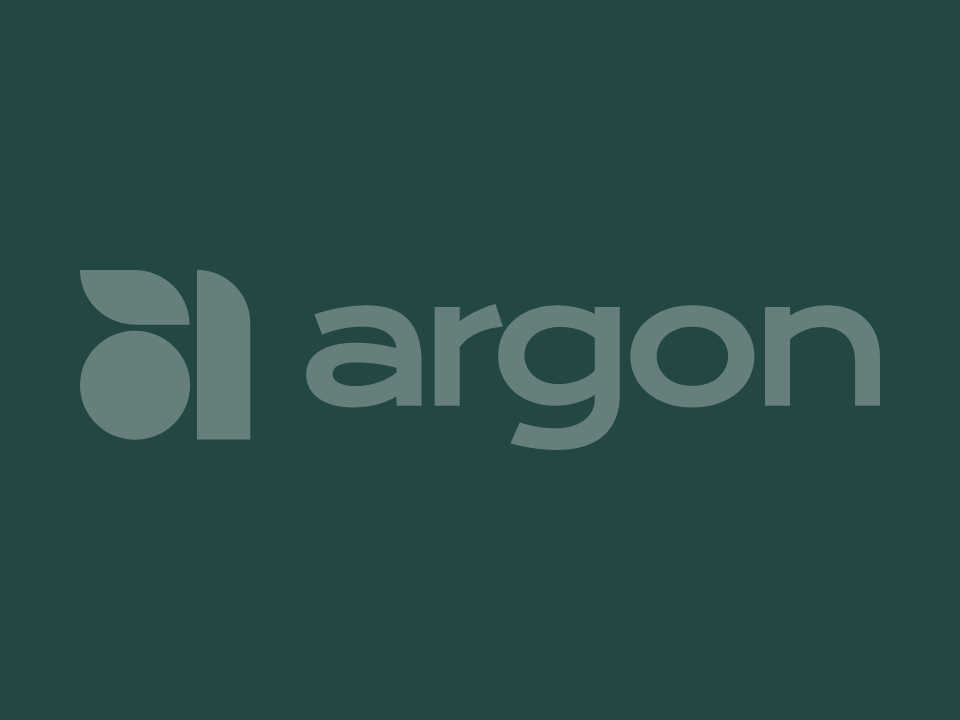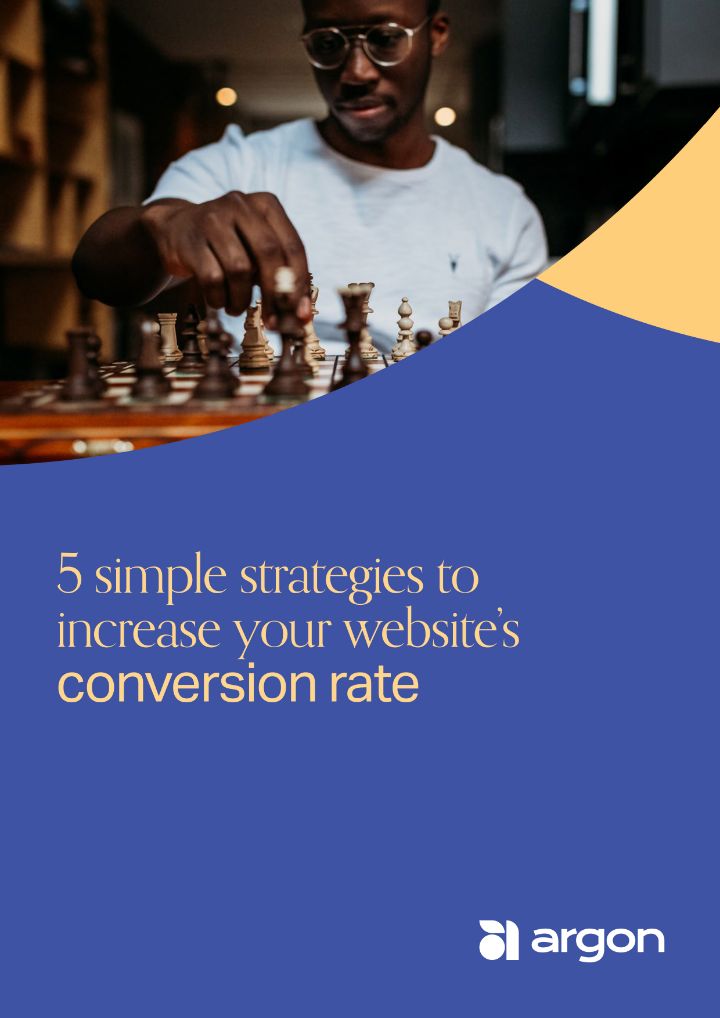The different components of SEO explained

So you’ve just got your website built, great. But what good is it if no one can find it? A common question from our clients is how can we improve your sites Search Engine Ranking.
Search engine optimization in its most basic format can be separated into four areas; keyword research, on-page optimization, content development, and link building.
Keyword Research
Keyword research is a fundamental part of SEO, but it is often a process that people spend less than an hour doing. In my experience, investing time and energy at this stage will pay dividends at a later stage in your campaign.
What you don’t want to do is select keywords based solely on the search volume. These are usually broad terms which are highly competitive, and you are not targeting your goal client base. For example someone living in USA typing in “Plumber” and it returning a plumber located in Adelaide is no good for anyone, not the searcher or the business!
A couple of key facts when determining your Keywords are…
Relevant
Identify keywords that are suited to your business. It sounds so straightforward but it can be easy to get carried away with keywords that look attractive, but if they aren’t relevant, then targeting them effectively is going to be challenging.
Conversion friendly
Identify keywords that your prospective customers are going to use to look for your services.
Be clear which pages are going to be targeted.
On-Page Optimization
On-page optimization is essentially the behind the scenes code which is taken care of by your web developer (hopefully us!). This ensures that the website code is generally search engine and user friendly. Some of the essentials that we do optimize as part of your webs design service are:-
Clean code
Ensure that our code is lean and not bloated with unnecessary characters. Our sites do not use flash which is detrimental to your SEO efforts.
Meta titles and descriptions
Craft unique meta titles and descriptions for each of the pages on your website. These have become less important in terms of rankings, yet they still act as your ‘advert’ in the search results, (this is what your user see’s in google) and can encourage people to click-through to your website, so make sure each title and description is relevant and enticing.
Title tags
Make sure each page has no more than one ‘h1′ tag, which should wherever possible include a natural use of the target keyword (as determined above).
Keyword use
Use the keyword you are seeking to target naturally throughout the content on each page.
Address, privacy policy and terms
Google likes genuine, reputable businesses, therefore you should always list a physical address on your website, and wherever necessary a privacy policy and terms of service. These act as a signal to Google that you are a real-life, authentic business, worthy of appearing in search results. Make sure that wherever your business is cited around the web, the address and phone number match up, as Google references many data sources for local listings and outdated contact info could cause confusion.
XML sitemap
Your website should generate an XML sitemap to help Google find all the pages on your website. There are quite a few plugins and gadgets out there that help you do this.
SEO friendly URLs
Always ensure every page has its own SEO friendly URLS (i.e. yoursite.com/web-deign rather than yoursite.com/c-45678/p-126478/).
Speed up your website
This can be acheived by optimizing images to make them smaller filesizes, combining css and javascript files together, ensuring your host is local and providing quality connection.
Internal Links
Having a footer that contains the main menu links is good SEO practice.
Content
Content is arguably the most important aspect of the 4 pronged SEO attack! Content is King! Especially when it comes to search engines! Always make sure your keywords are used as often as you can throughout your site but do not overuse these to the point where it is obvious you are just shoving keywords in. Google looks down upon this method and can actually punish your ranking instead of improve if it suspects you are abusing your keywords.
Another important factor is to keep content regularly updated. Some clients may not see any value in a blog or may not have the time. But a blog is one of the best ways to improve your SEO. Google visits your website periodically looking for updates, if it cannot find any updates to your site, it may take even longer to come back and crawl your site again as it is under the impression that “nothing is happening here”. A blog will constantly keep your sites content new and your blog topics will be also bumping more and more keywords into your site! For example this blog i’m writing now has loads of Search Engine Ranking keywords that have now been added to the site just by typing this!
Try making your content as informative as possible. If a user see’s value in your post they may link to it on their website, or their social media accounts, which in turn is benefiting your site two ways, 1) another network of real people are now seeing your blog, and 2) another link has been given to your website which leads me to the next single most important aspect of SEO….
Link-Building
Google says you should encourage links to your website, rather than build them, and if you are looking to establish a long term web presence then this really is the best way to go about it.
So the best way to build incoming links is to write informative, quality content. If you can do this, the links will take care of themselves! Users will be happy to share your articles in their networks.
Another good way to build links is using Social Bookmarking. There are literally hundreds of social bookmarking sites out there, Reddit, Delicious, Digg are just a few of the big ones. By posting links to your articles on these sites are are encouraging the people that use those sites to also view your article and if they like it they can also re-post it.
Conclusion
As you can see there are many different factors at work to determine your rank in a google search. Of which Argon Design provide On-Page Optimization as standard with all website builds. For any help with the other aspects please mention this to us and we can put you on the right track to further optimizing your website!
Let's start a conversation
Contact us today if you have any questions or would like to start the journey. Our friendly and experienced team are here to help!

